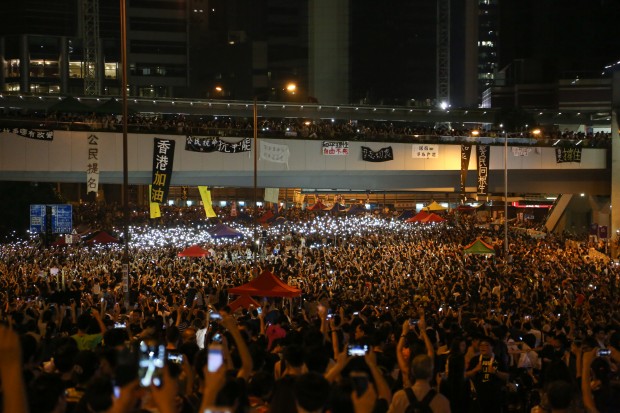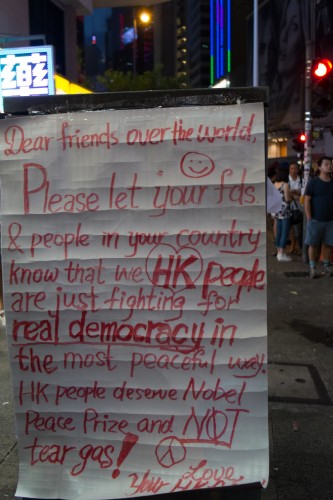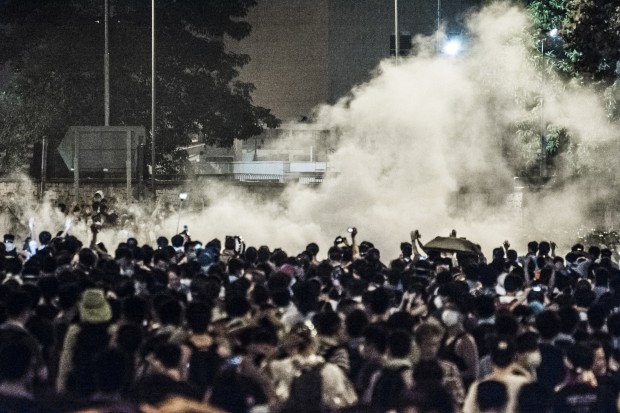
Those of you who are more familiar with world news will doubtless have heard of the protests that swarmed Hong Kong’s central district these past months. Media coverage of the thousands that gathered went international for what became known as the ‘Umbrella Revolution’.
But what goes through your head when you’re watching the events on TV, thousands of miles away from home, studying for a degree at the University of Lincoln?
The Linc spoke to three members of the University of Lincoln’s Hong Kong Society, who began by explaining in more detail what had caused thousands of Hong Kongers to take to the streets.
“It’s more about the Chief Executive election, which is like the Prime Minister in the UK; it’s what we have in Hong Kong,” explained the society’s president, Henry Cheung.
“They promised to have an election in 2017 where we’d be able to vote. The problem at the moment is that the Chinese government is imposing a restriction on who is able to be nominated.”

The Communist Party of China (PRC) have announced that they intend to limit election choices to a government-approved shortlist – far from the “one country, two systems” approach Hong Kongers were promised until 2047.
“People would like to have an unrestricted, free Chief Executive election – that’s what they are protesting for,” Henry concludes.
“Lots of my friends are protesting in Central,” adds Henry’s friend, King Siu Kastor Tam. “They talk a lot about fighting for democracy and hope that the President [of China, Xi Jinping] will say something.”
“This issue is in the power of the Chinese, not us,” Henry continues. “So, we are only able to ask for what we want. If you ask me, the Chinese government is unlikely to change.
“According to the founder of the ‘one country, two systems’ policy, Deng Xiaoping, after fifty years China would become more democratic, but the truth is that China isn’t becoming democratic. Instead, Hong Kong is becoming part of China.”
Despite the international attention, it’s not the first time Hong Kong’s citizens have protested en masse; in fact, they normally have a protest every year “to ask for what we want from the current government”.
It’s where the tradition and reputation of Hong Kong’s peaceful protests comes from, King Siu explains: “They even clean out their stuff after protests. Before the protest, some people upload documents and books, teaching new protesters what they should do and what they should not do.
He thinks it sets Hong Kongers apart from other mass protests, such as 2011’s Arab Spring. “With lots of protests in other countries, people are always destroying stuff, throwing stones, even destroying public assets.
“With this protest, though, I think they deserve more than tear gas and a negative response from China.”

So what can they do from the relatively small and insignificant city of Lincoln? “Not much,” Henry muses. “The only thing we can do is what we do as university students – learn more here, go back to Hong Kong, and change it from the inside.”
The interview draws to a close as another society member, Tsz Hoo Yip, expresses his views on the protest. “I think it’s already been successful, although the end product is not exactly what they want,” he opines.
“They’ve brought loads of attention to these protests from other countries, and maybe some of those countries will put pressure on China.”

